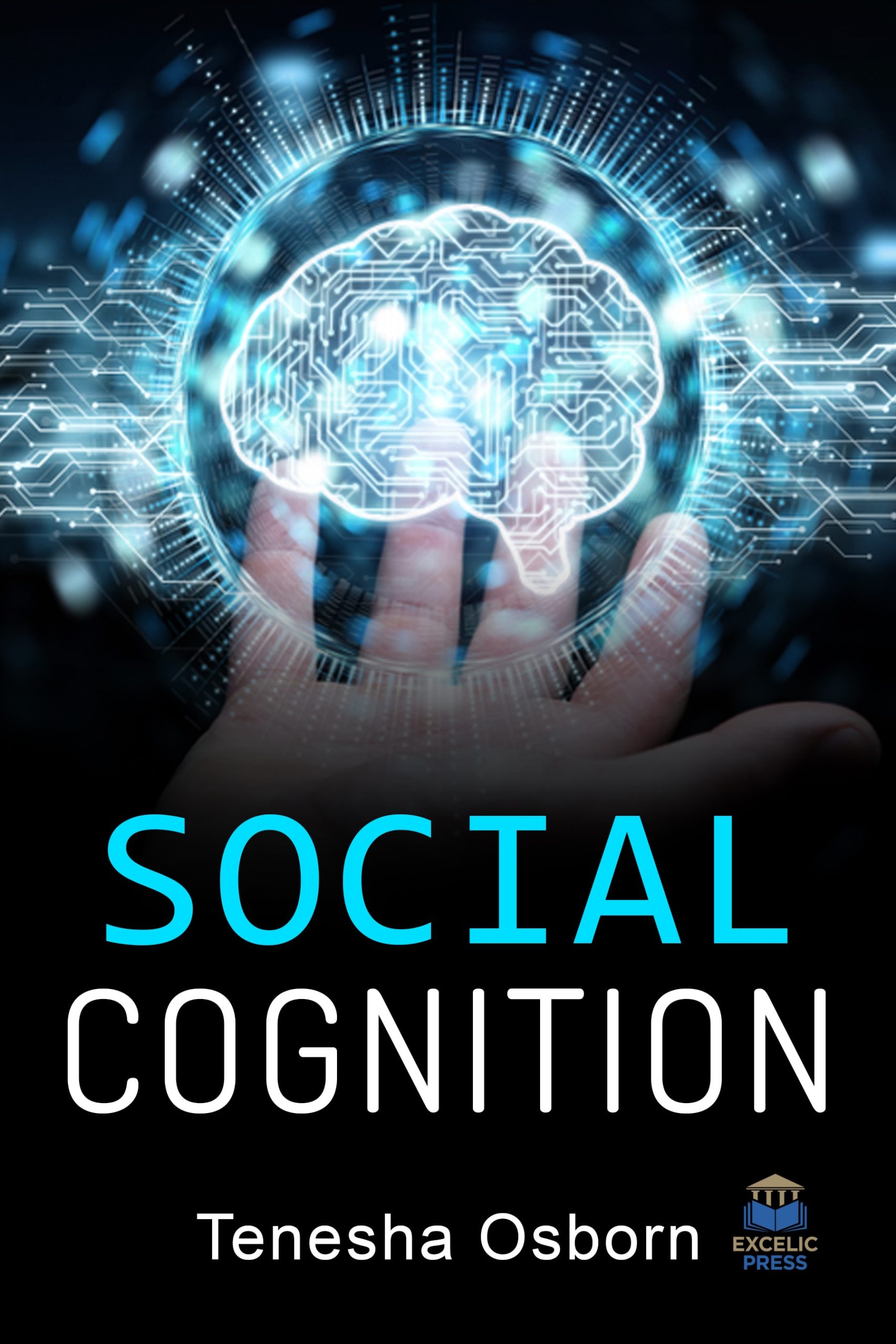As human beings, we understand and make sense of the social world using social cognition. Social cognitions are cognitive processes through which we understand, process, and recall our interactions with others. It focuses on the role that cognitive processes play in our social interactions. The way we think about others plays a major role in how we think, feel, and interact with the world around us.
Research on social cognition proceeds from the assumption that the profoundly interdependent nature of everyday life has resulted in the development of a suite of cognitive processes that are acutely sensitive to the social environment. The capacity to detect, interpret, and use social cues constitutes an essential component of adaptive behavior, and when this capacity is compromised, as in the case of autism, the implications for effective functioning are often devastating. Knowing other people—both their transitory psychological states and their more enduring personal characteristics—is the foundation of social cognition.
Social Cognition integrates theoretical and methodological perspective involved with research in social cognition and human behavior area. The studies contained in this book addresses technologies and social theory on the proposed approach connects existing cognitive, social psychological abstractions of social cognition into an overarching model of dynamic social structure. This significant work focuses on social cognition and its intersection with social interaction and social structure, the present discussion is restricted chiefly to work that is germane to computationally modeling these processes.
With contributions from eminent researchers and authors in both gerontology and psychology, this book is an important reference for academics and professionals alike in personality, cognition, social psychology, adult development, sociology, Social Cognition will be essential reading for students and researchers in psychology, communication studies, and sociology.











